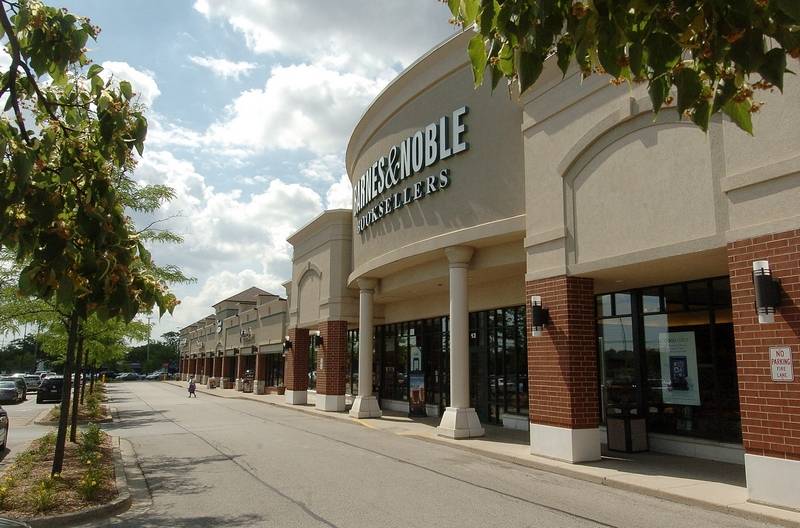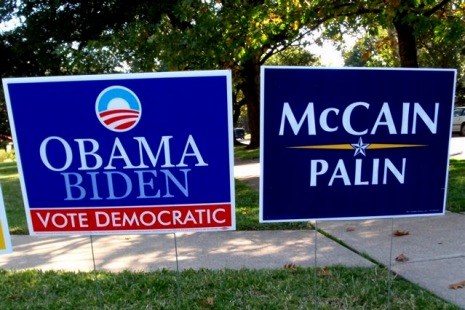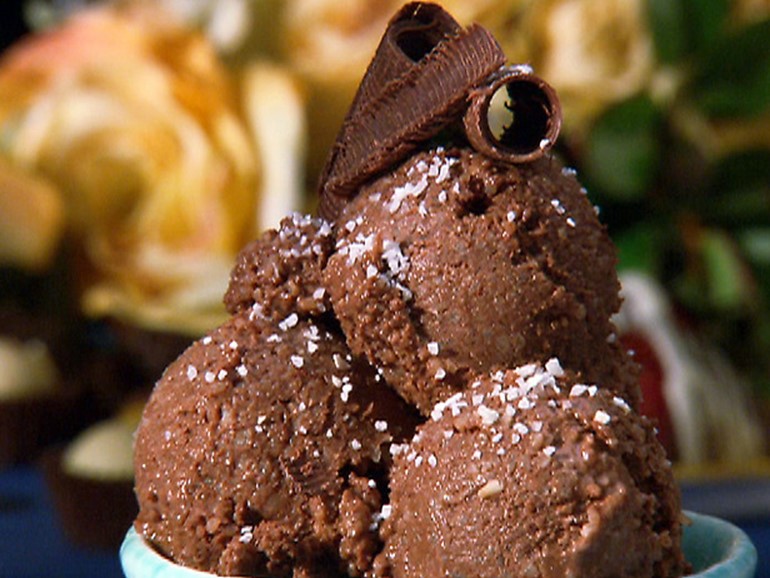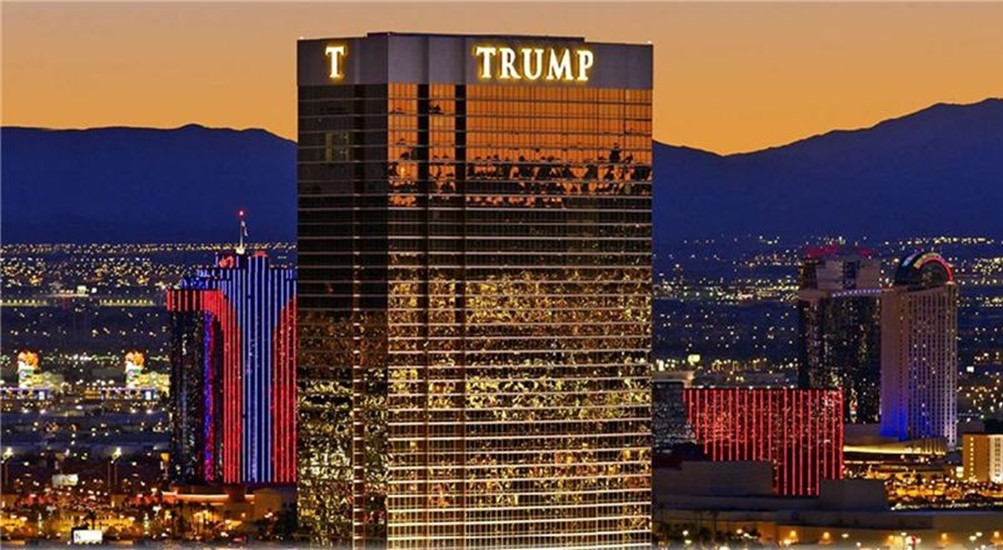The Economics Of Barnes & Noble
June 23, 2016 in Daily Bulletin

Alex Shephard wrote about Barnes & Noble and what would happen if it went out of business:
- Barnes & Noble’s share price is down 40% and its debts are rapidly rising.
- A lot of its money these days come from selling games, gadgets, and Starbucks fare. Unsurprisingly the amount of floor place devoted to books has fallen.
- But even this may not be enough and the chain may soon have to shut down, in what would be a blow to publishers and writers.
- Barnes & Noble is one of the few bookstores that purchases a large initial quantity of new books. Amazon on the other hand makes small orders both to test the market and create demand by saying that it only has 5 copies left of a book.
- The initial orders that Barnes & Noble puts in provide the upfront cash that publishers need to ensure that they can pay for ads and book tours that then create recognition and induce demand for new books.
- This will mean that without Barnes & Noble publishers will increasingly have to invest in books that they know will succeed – those, for example, from celebrity authors.
- There will also be fewer advances paid to authors, meaning that authors will no longer have the time or resources to write a good book.
Read more about what a future without Barnes & Noble would look like over here.
Source: New Republic
![starbucks_gold[1]](http://www.Centives.net/S/wp-content/uploads/2016/06/starbucks_gold1-1024x682.jpeg) Shane Ferro looked at some startling Starbucks numbers:
Shane Ferro looked at some startling Starbucks numbers: Ernie Smith wrote about the use of lawn ads in political campaigns:
Ernie Smith wrote about the use of lawn ads in political campaigns:






Join the Discussion! (No Signup Required)